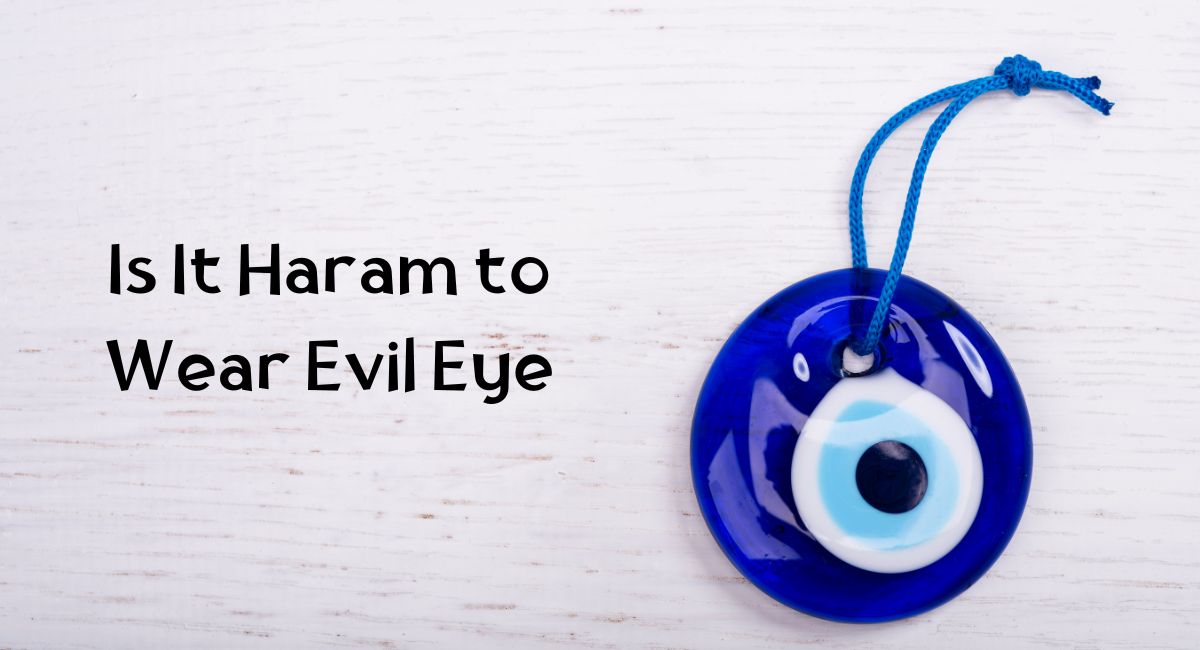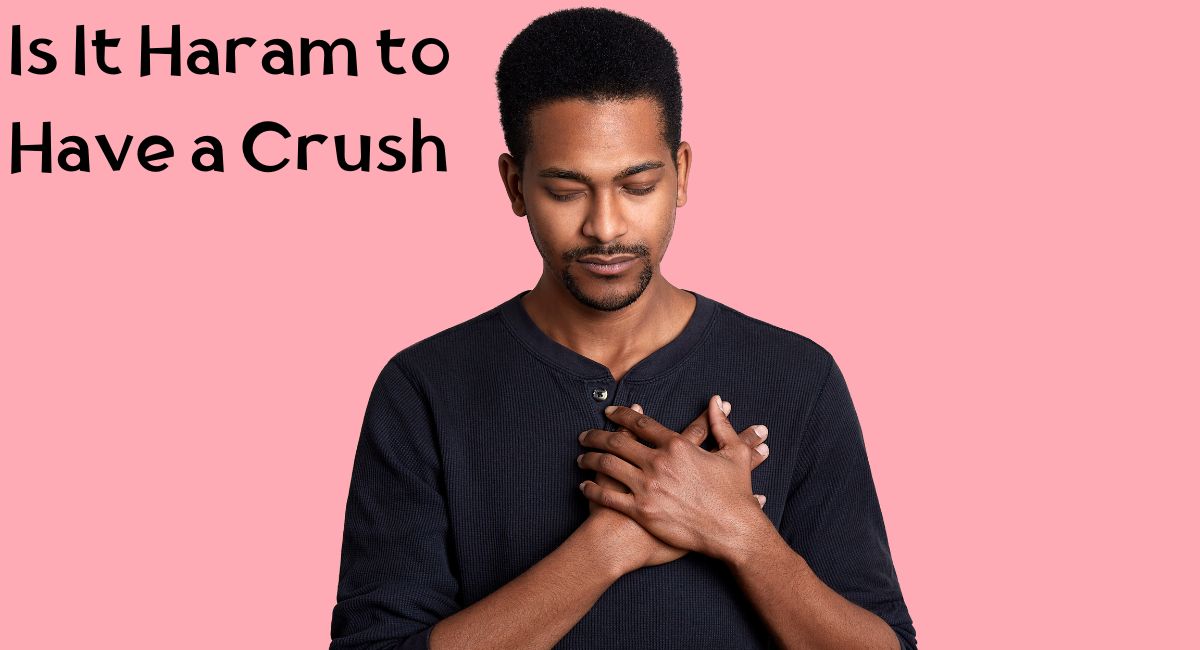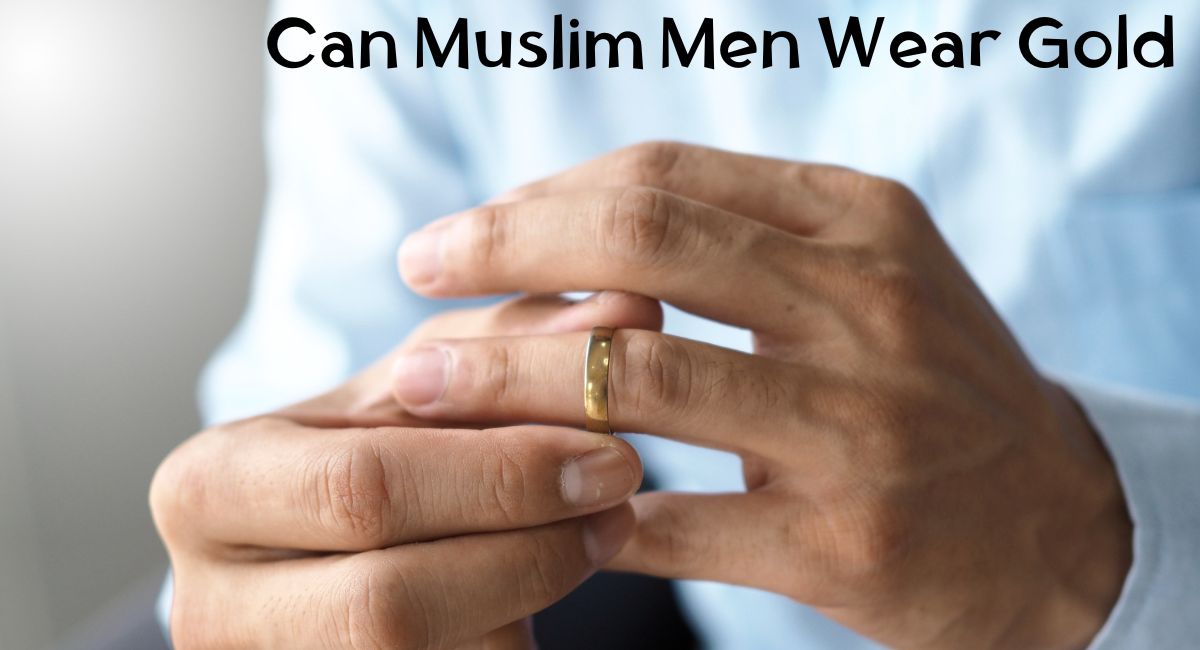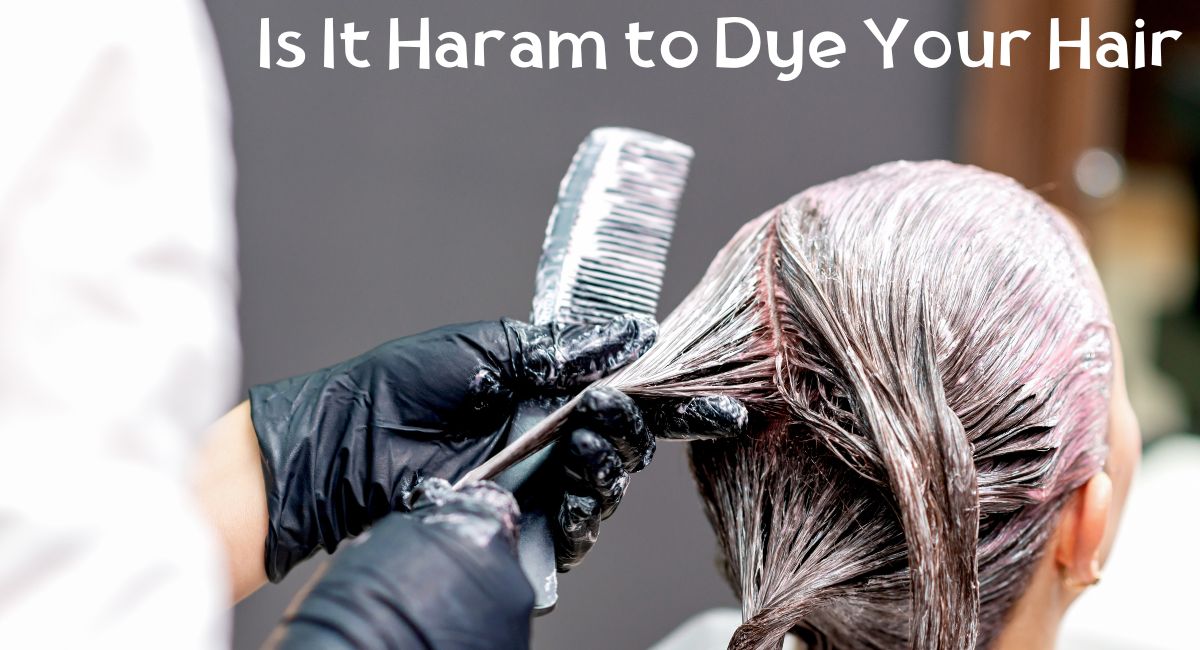Hair transplantation is a medical procedure that has gained popularity in recent years as a solution to hair loss and baldness. However, for individuals who adhere to certain religious beliefs, particularly within the Islamic faith, the question of whether hair transplant is permissible or “halal” is a matter of deep concern.
In this article, we will delve into the religious perspective and explore the question: Is hair transplant haram? To address this sensitive issue, we will examine various interpretations and opinions within the Islamic community, shedding light on the ethical and religious considerations surrounding this cosmetic procedure.
What is a Hair Transplant
A hair transplant is a medical procedure where hair follicles (tiny structures that produce hair) are taken from one part of your body, typically the back of your head, and then carefully implanted into an area of your scalp where you have thinning or balding hair.
This helps you grow new hair in the balding area, making it look fuller and more natural. It’s like moving healthy hair from one place on your body to another to cover up areas where you’re losing hair. It’s a common treatment for people who want to address hair loss and improve their appearance.
Is Hair Transplant Haram
Whether or not hair transplants are haram in Islam is a complex question with no single definitive answer. Different scholars and schools of thought have varying opinions on the matter, and it ultimately depends on individual interpretations of Islamic teachings and principles.
Arguments for Permissibility
- Restoring what Allah created: Some scholars argue that hair transplants are permissible because they can be seen as a way of restoring what Allah has created. Hair loss can be a source of distress and insecurity, and undergoing a hair transplant could be considered a way of correcting a perceived flaw or defect.
- Fixing a flaw: Hair loss can be considered a flaw or defect, and Islamic teachings encourage Muslims to take care of their appearance. Therefore, hair transplant could be seen as a way to enhance one’s natural beauty while remaining within the limits of Islamic teachings.
- Medical treatment: Hair transplants can be viewed as a medical treatment for hair loss, similar to other medical procedures that are permissible in Islam. As long as the procedure is done by a qualified medical professional and does not involve any harm to the body, it could be considered acceptable.
Arguments against Permissibility
- Altering God’s creation: Some scholars argue that hair transplants are haram because they involve altering God’s creation. They believe that it is not permissible for humans to change the way they were created by Allah.
- Vanity and pride: Hair transplants can be seen as a form of vanity or pride, which are considered negative traits in Islam. If the motivation for undergoing a hair transplant is to improve one’s appearance for superficial reasons, then it may be considered haram.
- Uncertainty about the procedure: Some scholars argue that the permissibility of hair transplants is unclear because there is no specific mention of them in Islamic texts. They believe that it is better to err on the side of caution and avoid the procedure altogether.
- Financial considerations: Hair transplants can be expensive. Some scholars argue that spending a significant amount of money on cosmetic procedures can be wasteful and could be better directed towards charitable causes.
Factors to consider
- Source of hair: Using one’s own hair for the transplant is generally considered permissible. However, using hair from another person, especially if it’s non-mahram (someone you cannot marry), can be problematic.
- Method of transplantation: Some scholars have concerns about certain hair transplant techniques, particularly those that involve extracting hair follicles from other parts of the body, such as the beard.
- Consult a scholar: Ultimately, the decision of whether or not to undergo a hair transplant is a personal one. It’s recommended to consult with a knowledgeable and trusted Islamic scholar who can consider your specific circumstances and provide guidance based on established Islamic principles.






